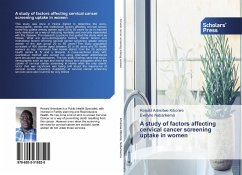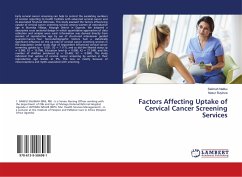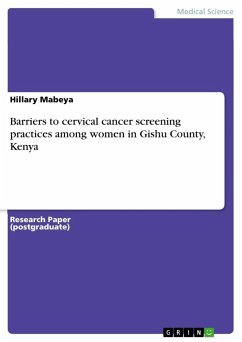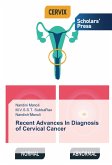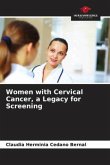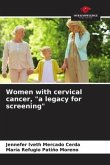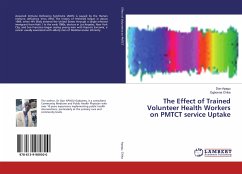This study was done in Hoima district to determine the socio-demographic, clients' and institutional factors affecting cervical cancer screening uptake among women aged 20 to 60 years so as to improve early detection as a way of reducing morbidity and mortality associated with this disease. The research questions that guided the study were as follows: What are socio-demographic factors, clients' factors and institutional factors affecting cervical cancer screening uptake among women of the age group 20 to 60 years? The study population consisted of 400 women aged between 20 to 60 years and 95 health workers as key informants from Hoima district from the 20 selected health centre III, IV and a Hospital. A cross-sectional study with quantitative method was carried out using interviewer administered semi-structured questionnaires. The key study findings were that socio-demographic such as age and marital status and occupation affect the uptake of cervical cancer screening in Hoima while the only clients' factor that was significant was being told about the importance of cervical cancer screening. Availability of cervical cancer screening services were also found to be very limited.
Bitte wählen Sie Ihr Anliegen aus.
Rechnungen
Retourenschein anfordern
Bestellstatus
Storno

